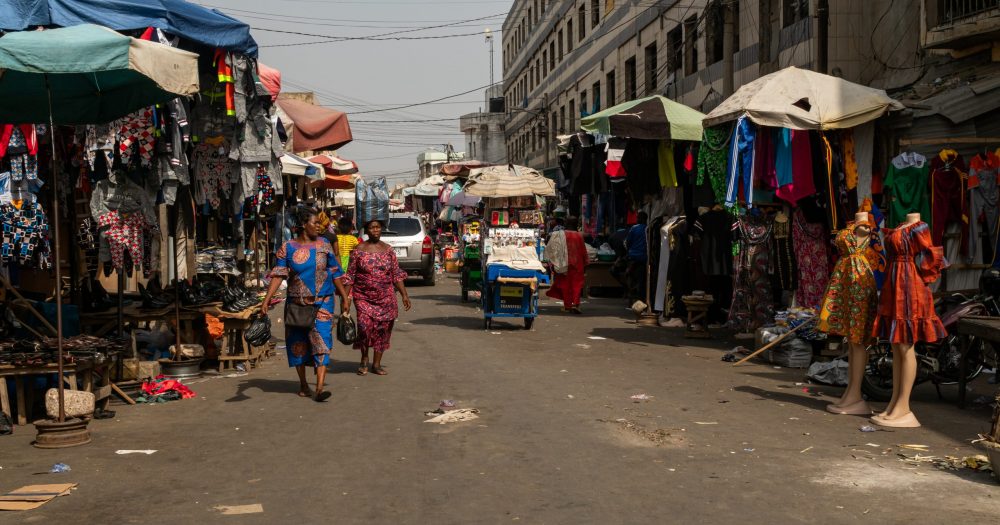
Read the announcement
Find out more

Africa has a sixth of the world’s population, but is home to only one twentieth of the top 100 ports globally – Asia has nine of the top 10. Together, African ports account for just 4 per cent of global containerised shipping volumes, and only 3 per cent of global exports and imports.
Ports are vital to the long-term prosperity and wellbeing of people, but many in Africa remain constrained, lacking in capacity to meet the needs of local economies. Today, cargo dwell times in Africa are over two weeks long on average, compared to less than a week in large ports in Asia, Europe and Latin America.
British International Investment intends to help change that.
With significant growth in Africa projected, ports and logistics across the continent must be modernised and made more efficient. In fact, improving port performance by 25 per cent could reduce the price of imported goods in Sub-Saharan Africa by $3.2 billion annually, and add $2.6 billion to the value of exports, according to PwC.
Through a long-term partnership with DP World, a world leader in global supply chain solutions, British International Investment intends to help address the stark imbalance in global trade, accelerate Africa’s potential as a global trading powerhouse, and improve the economic prospects of millions of people.
The partnership will focus on supporting projects to modernise and expand ports and inland logistics in Africa, starting in the ports of Dakar (Senegal), Sokhna (Egypt) and Berbera (Somaliland). These include seaports, free zones, inland cargo handling facilities or dry ports, and inland transport.
The expansion of these ports will facilitate trade that will support millions of jobs, significantly boost GDP, as well as improve the supply and reduce the cost of vital goods and staple food items for millions across the continent.
Nick O’Donohoe, our CEO, and Sultan Ahmed Bin Sulayem, Group Chairman and CEO of DP World, discuss the investment.
British International Investment and DP World are initially focusing on three ports in Dakar (Senegal), Sokhna (Egypt) and Berbera (Somaliland), with more projects across Africa to follow.
Trade enabled by the three initial ports will support 5 million jobs in the wider economy – of which 138,000 are expected to be created by the ongoing port expansions and modernisations. This will also improve access to critical goods for more than 35 million people across the three geographies and further afield to the wider Horn of Africa and parts of the Sahel, with the greatest benefit felt by those dependent on staple consumer goods such as imported food items.
By 2035, an estimated $51 billion in additional trade is forecast to pass through the three ports, equivalent to 3 per cent of Senegal’s GDP, 3 per cent of Egypt’s GDP and 6 per cent of Somaliland’s GDP. This will lead to a total trade value of $401 billion following the expansions.
The ports will also provide a gateway to international markets for countless African businesses and entrepreneurs, as well as supporting the growth of nascent export industries stymied today by logistics inefficiency.